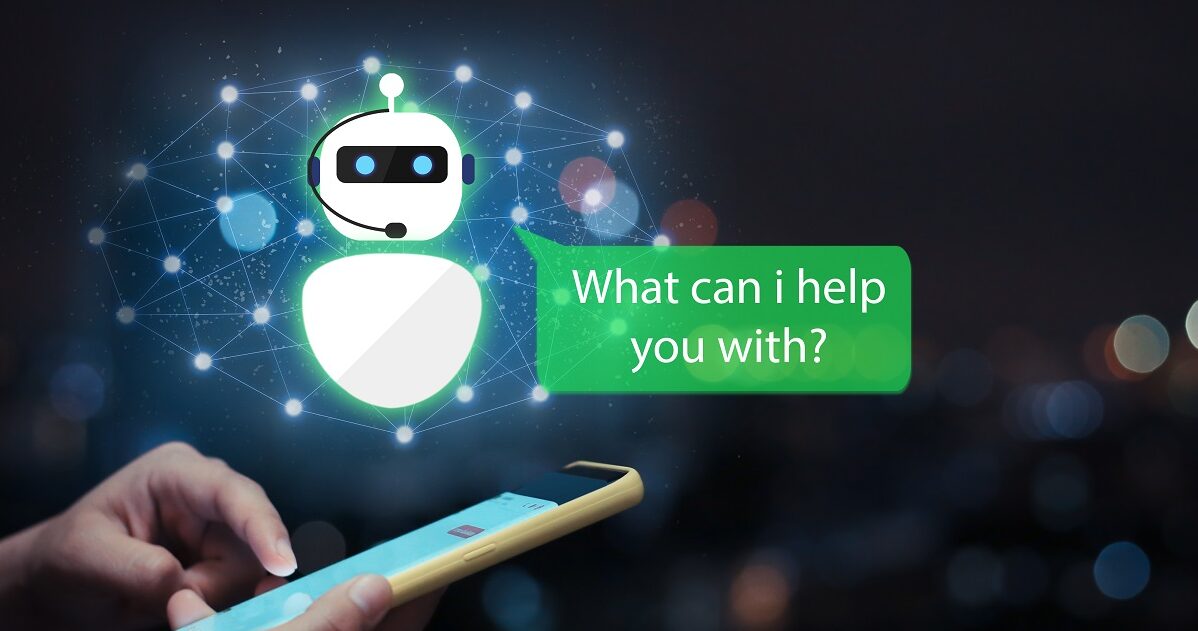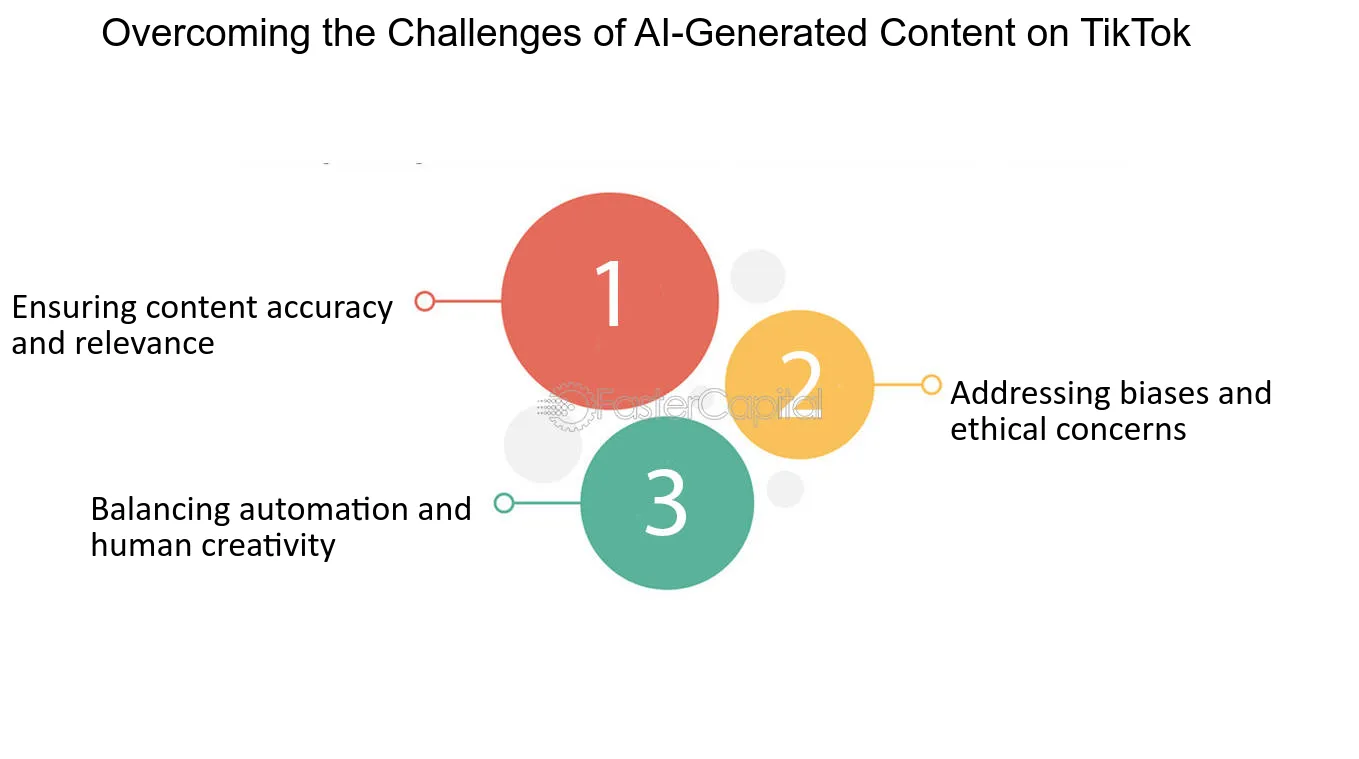In the age of rapid technological advancement, businesses are continually seeking innovative ways to enhance customer experiences. Enter AI-powered chatbots, the virtual assistants transforming customer support. In this blog post, we explore how these intelligent bots are revolutionizing the customer service landscape and reshaping the way companies engage with their clients.
Introduction: The Evolution of Customer Support
Customer support has come a long way since the days of long wait times on hold and navigating through complex phone menus. Today’s consumers expect immediate and personalized assistance, and businesses are turning to artificial intelligence (AI) to meet these demands. AI-powered chatbots have emerged as a transformative technology in the realm of customer support, offering efficient, round-the-clock assistance that improves customer satisfaction and reduces operational costs.
This blog post delves into the world of AI-powered chatbots, exploring their capabilities, applications, and the significant impact they have on modern customer support.
The Rise of AI-Powered Chatbots
Artificial intelligence has advanced rapidly, enabling machines to perform tasks that previously required human intelligence. Chatbots are a prime example of AI’s application in customer support, and their evolution has been significant:
- From Rule-Based to AI-Powered Chatbots
Early chatbots operated on predefined rules, offering limited responses to specific queries. However, AI-driven chatbots leverage natural language processing (NLP) and machine learning to understand context, detect intent, and provide more nuanced and contextually relevant responses.
- Multichannel Support
AI-powered chatbots are versatile and can be integrated into various customer communication channels, including websites, mobile apps, messaging platforms, and even voice assistants. This omnichannel approach ensures that customers can access support wherever they prefer.
- Personalization
AI chatbots can analyze customer data to personalize interactions. They can greet customers by name, recommend products or services based on past behavior, and provide tailored solutions to individual inquiries.
- Continuous Learning
Machine learning algorithms enable chatbots to learn and improve over time. They can adapt to changing customer needs and handle increasingly complex queries, making them valuable assets in dynamic customer service environments.
The Benefits of AI-Powered Chatbots
The adoption of AI-powered chatbots in customer support has brought forth a range of benefits for businesses and customers alike:
- Enhanced Customer Experiences
Chatbots provide instant responses, eliminating wait times and ensuring that customers receive assistance when they need it. They can handle routine inquiries, leaving human agents free to address more complex issues, resulting in a smoother customer journey.
- 24/7 Availability
AI chatbots operate around the clock, offering support outside regular business hours. This accessibility ensures that customers from different time zones or with varying schedules can receive assistance when it’s convenient for them.
- Scalability
Chatbots can handle multiple conversations simultaneously, making them ideal for managing high volumes of customer inquiries during peak periods, product launches, or promotional events. This scalability improves efficiency and reduces the need for extensive customer support teams.
- Cost-Efficiency
By automating routine tasks and inquiries, chatbots reduce operational costs. Companies can redirect resources previously spent on manual customer support toward strategic initiatives or more specialized customer interactions.
AI Chatbots in Action
AI-powered chatbots are already transforming customer support across various industries:
- E-Commerce
Online retailers use chatbots to provide product recommendations, answer customer queries, and assist with the shopping process. These bots enhance the online shopping experience and drive sales by offering personalized suggestions.
- Banking and Finance
Financial institutions use chatbots to help customers check account balances, transfer funds, and even provide financial advice. Chatbots in the finance sector improve customer self-service and streamline transactions.
- Healthcare
Healthcare organizations leverage chatbots to schedule appointments, answer medical questions, and provide information about common ailments. These bots offer valuable support to patients and reduce the workload on administrative staff.
- Travel and Hospitality
Chatbots assist travelers by providing information on flights, accommodations, and local attractions. They can also handle booking inquiries and offer travel recommendations.
Challenges and Considerations
While AI-powered chatbots offer numerous advantages, they also come with challenges and considerations:
- Quality Assurance
Ensuring the accuracy and relevance of chatbot responses is essential. Regular testing and monitoring are necessary to maintain a high level of customer satisfaction.
- Data Privacy
Chatbots often handle sensitive customer information. Businesses must implement robust data security measures to protect customer data and comply with data privacy regulations.
- Seamless Integration
For a chatbot to be effective, it must seamlessly integrate with existing systems and databases. This requires careful planning and development.
- Human Augmentation
Chatbots are valuable tools, but they cannot replace human agents in every situation. Businesses should strike a balance between automation and human support to handle complex or emotionally charged interactions.
The Future of Customer Support: Human-Bot Collaboration
As AI chatbots continue to evolve, the future of customer support is likely to involve a harmonious collaboration between humans and bots. While chatbots excel at handling routine inquiries and providing quick responses, human agents bring empathy, creativity, and problem-solving skills to complex situations.
The integration of AI-powered chatbots into customer support operations will enable companies to provide efficient and personalized assistance while freeing up human agents to focus on tasks that require their unique skills. This human-bot collaboration holds the key to delivering exceptional customer experiences and driving business success in the digital age.
Conclusion: Chatbots, Your 24/7 Customer Support Partners
AI-powered chatbots are not just tools; they are invaluable partners in the quest to deliver exceptional customer support. Their ability to provide instant, personalized assistance, and their round-the-clock availability make them indispensable in today’s fast-paced business landscape.
As technology continues to advance and AI chatbots become even more sophisticated, the future of customer support looks promising. Businesses that embrace this evolution will not only enhance customer experiences but also position themselves at the forefront of innovation in their respective industries. In the age of AI-powered chatbots, customer support is no longer just a department; it’s a strategic asset that drives growth and customer loyalty.





